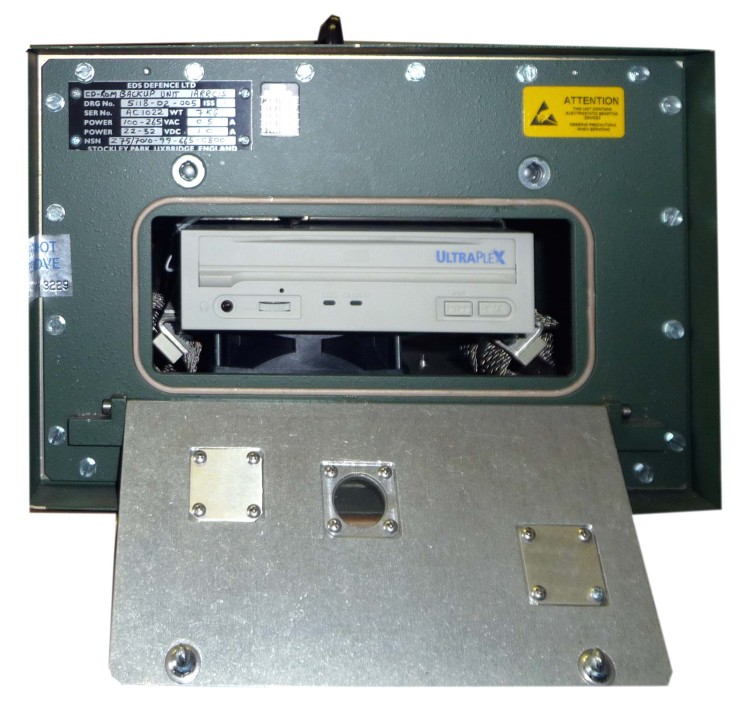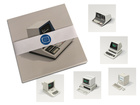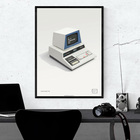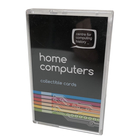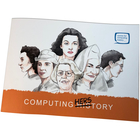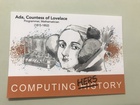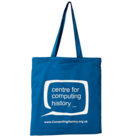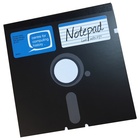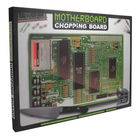European Data Systems LX1 CD-ROM Unit
| Home > Browse Our Collection > Computers > European Data Systems > European Data Systems LX1 CD-ROM Unit |
|
LX1 portable computer made by European Data Systems 1995 It is army green colour and metal cased. Very heavy duty system for battlefield conditions It has detachable keyboard with inbuilt trackball. There is a security seal on the keyboard with 'Iarrcis Tempest Seal' and another label on it with 'Keyoard Data Entry, Iarrcis, European Data Systems LXI'. The keyboard has a good quality feel to it as you might expect. The screen is a 10" LCD screen and next to the screen are LED's for Power, DC Good, Low Battery, SCSI HDD. The screen hinge mechanism has to be seen to be believed, you will NEVER EVER beak it !!! The front panel hides a hard drive bay, a 3.5" floppy drive, a PCMCIA card slot and an elapsed time indicator. Behind the right hand side panel there's a 24V NiMh battery and what could be a keyboard and PS/2 connector. On the back there's a mains input connector (an unusual hi-spec military connector), DC 24-32v In (again, a strange military connector), A Sync Data connector, A Fibre Optic LAN connector, a SCSI connector, standard printer port, serial COM2 port, and a standard Ext VGA connector. "European Data Systems, a newcomer in the military computing world, unveiled its latest LXI ruggedized PC at Aldershot. The company supplied units to the IARRCIS (ACE Rapid Reaction CorpsInformation System), which was recently brought into service and expects an order for "hundreds" more. European Data Systems is confident of additional work on the Bowman project and is included in the ADCIS air defence command information system. The company claims it has been able to get unit prices down to Pds6000 ($9,300) for PCs rather than what it says is an industry standard of Pds20,000 per unit. The LXI486 computer is now a standard unit for IARRCIS." Manufacturer : European Data Systems This exhibit has a reference ID of CH13473. Please quote this reference ID in any communication with the Centre for Computing History. |
|

